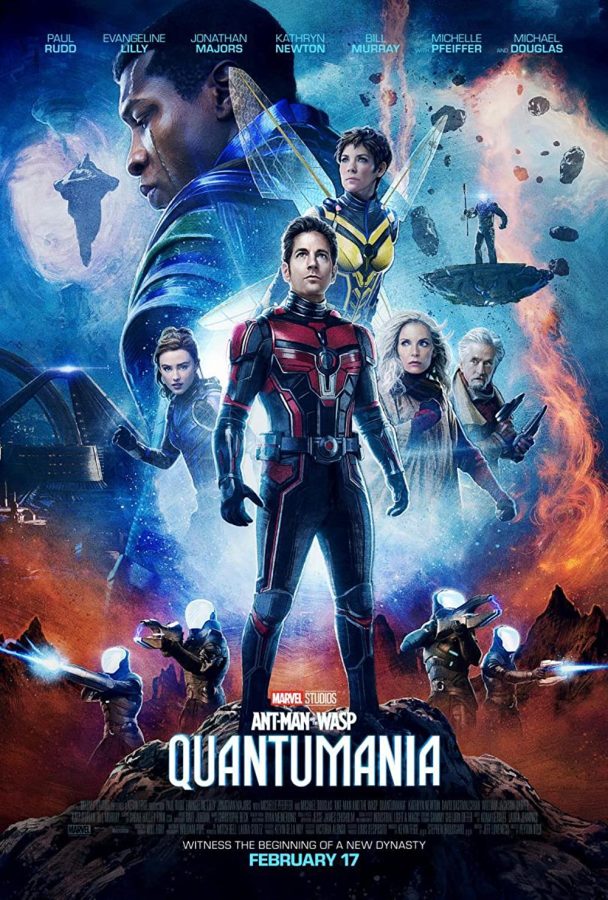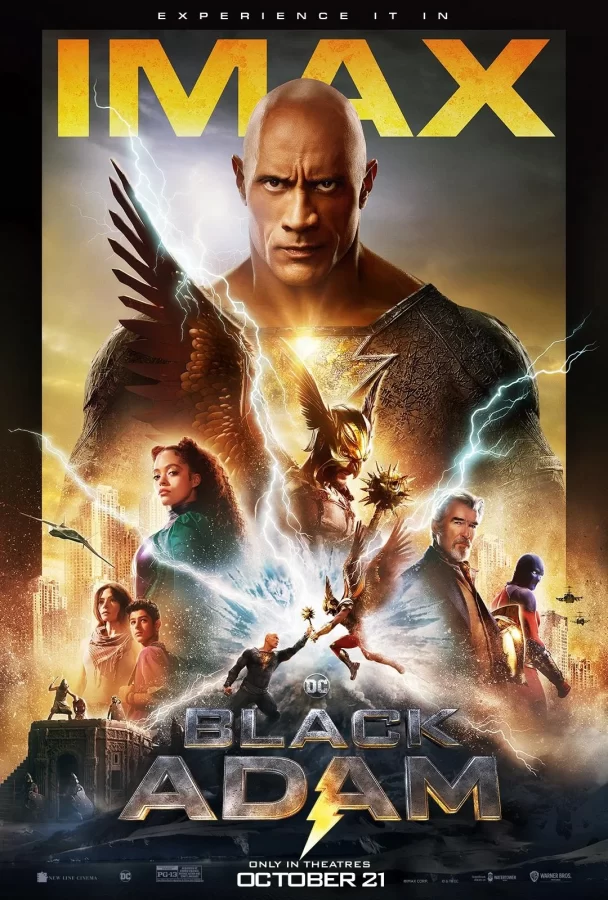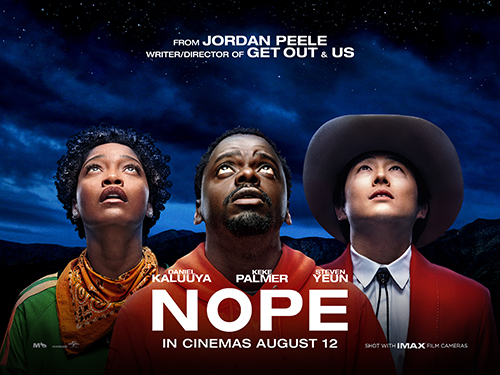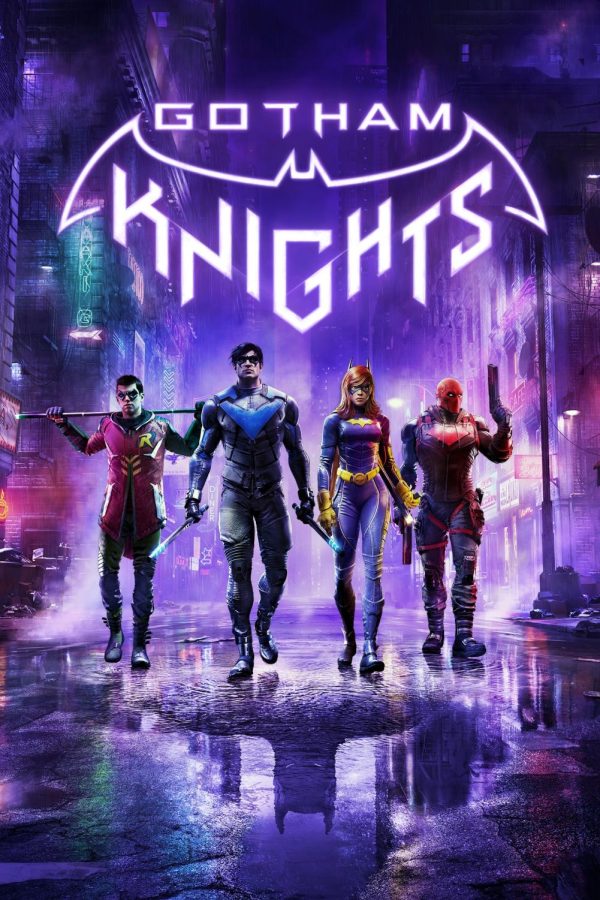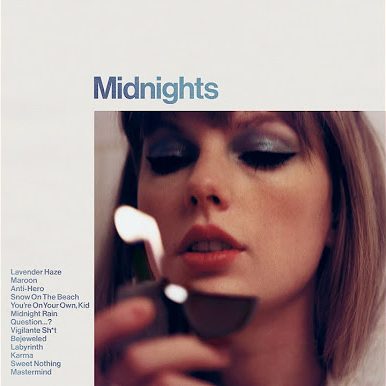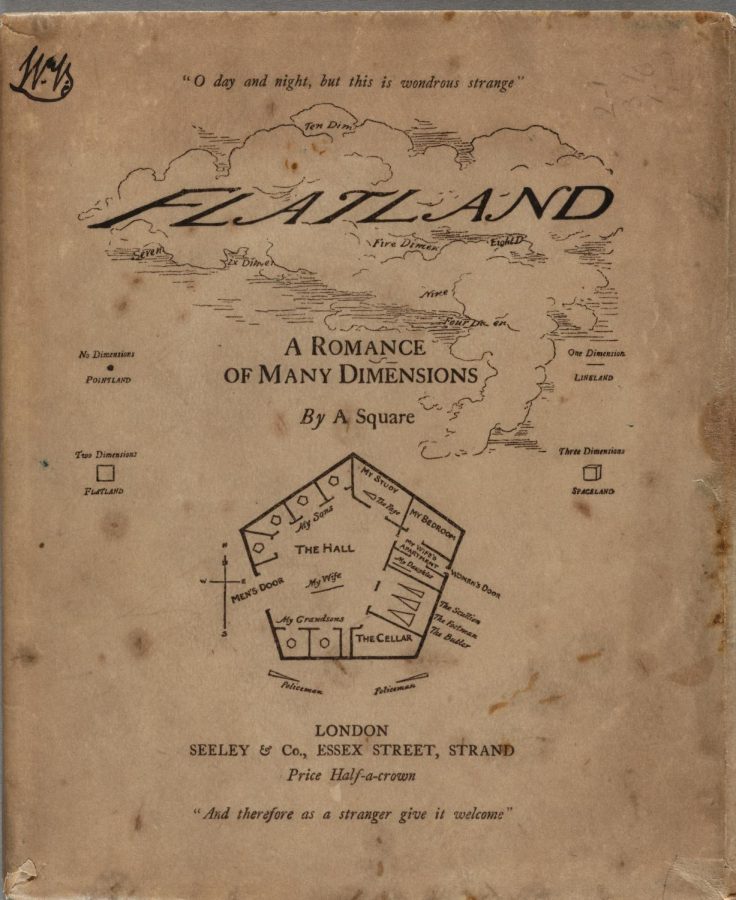Juel Taylor’s summer 2023 film, They Cloned Tyrone, was an instant sci-fi classic for the Black community. In it, co-stars John Boyega, Jamie Foxx, and Teyonah Parris uncover and break through the social manipulation and wrongdoings of the American government in black neighborhoods.
The hilarious – but chillingly possible – idea of emotion-manipulating products and cloning introduced into African-American communities is almost one-of-a-kind in film. Other contemporary sci-fi movies that star black people in black communities, like See You Yesterday (2019) and Sorry To Bother You (2018), deal with the supernatural and time travel.
Because They Cloned Tyrone is unique in its realistic premise, the movie set a standard for future politically aware but exciting and representative movies in the black community, of a kind that haven’t been seen before.
Black representation in media and entertainment has historically been prejudiced and reinforced stereotypes. But recent generations of black-directed and -acted films and television shows have changed the mindsets of younger generations about black people and black life in general.
They Cloned Tyrone is a particularly impactful example of this. It’s a display of science fiction, adventure, heroism, and self-discovery by lovable black characters.
The movie also serves as a conversation piece about the legitimacy and safety of products people use every day. While it may be crude and unsuitable for younger audiences, it gets viewers thinking about the reality – but also the imagination – of their world.
The film approaches these sometimes sensitive and uncomfortable references with exaggeration and humor. This approach allows people to enjoy film while considering the validity of the context between the lines.
The film also explores more societal norms within black communities. The city or town is never identified specifically in the movie, but the themes and activities of the community – from barbershop and salon culture to megachurch services – could be applied to almost every predominantly black neighborhood. Even through the lens of comedy, they still provoke thoughts about the similarity of black life nationwide.
The movie’s success is also a credit to Erykah Badu’s 1997 song “Tyrone.” The slow, seductive melody serves as the anthem for the movie. The incorporation of the tune allows for the movie’s time period to be ambiguous, but remain before the birth of the internet.
The film nevertheless utilizes its own original soundtrack, accompanied by many other well-known songs of its era. These include “I’m goin’ down” by Mary J. Blige, and “Don’t stop ‘til you get enough” by Michael Jackson. Music serves as a passageway in the movie, and allows the viewer to transport into the world and discoveries along with the characters.
All things considered, They Cloned Tyrone is a great addition to the collection of complex and unique movies catered to the black community. However subtly, They Cloned Tyrone changed my point of view of the government’s relationship with predominantly black communities. The film’s appeal is undeniable, its sentimental moments are the most tender, yet its satirical and lighthearted moments feel almost personal. The movie was the highlight of my summer, filled with humor, speculation, and community. It deserves all its praise.



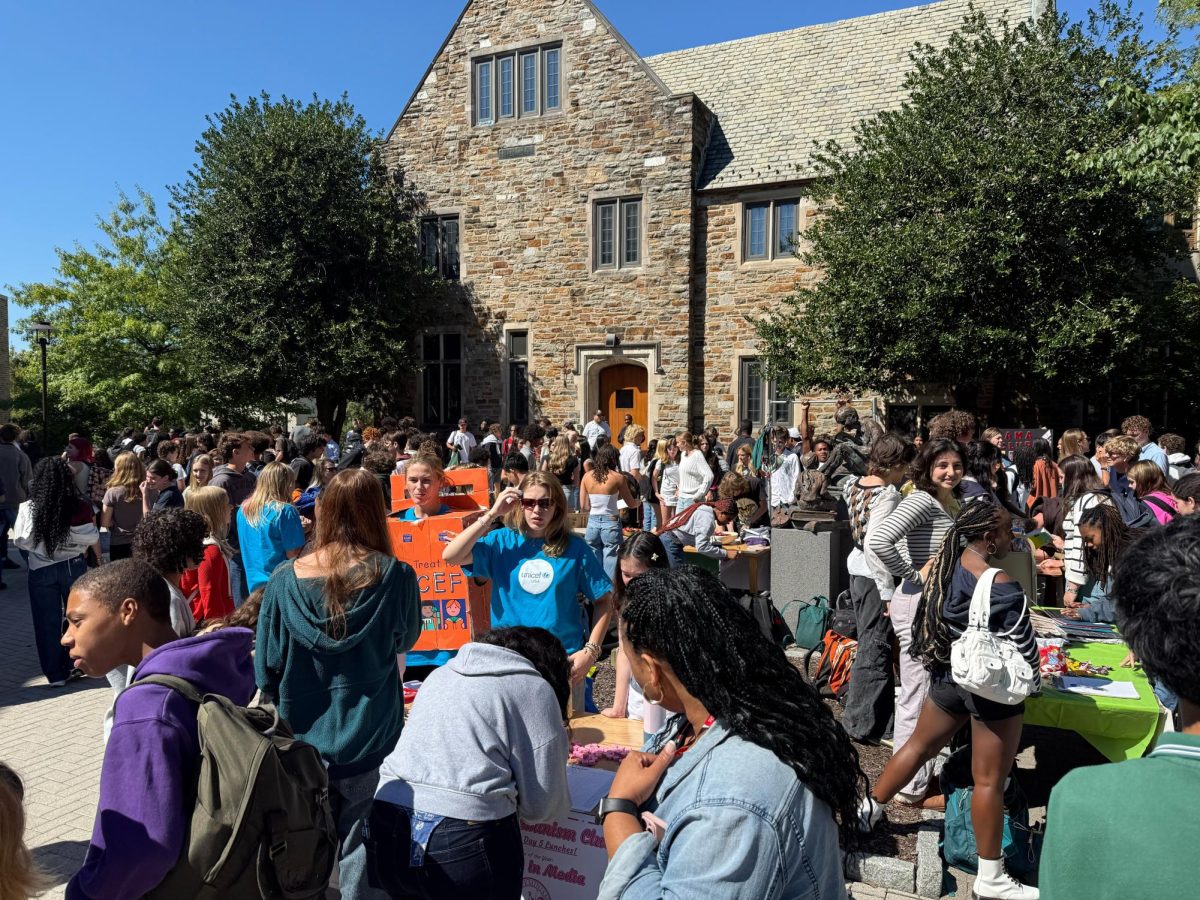






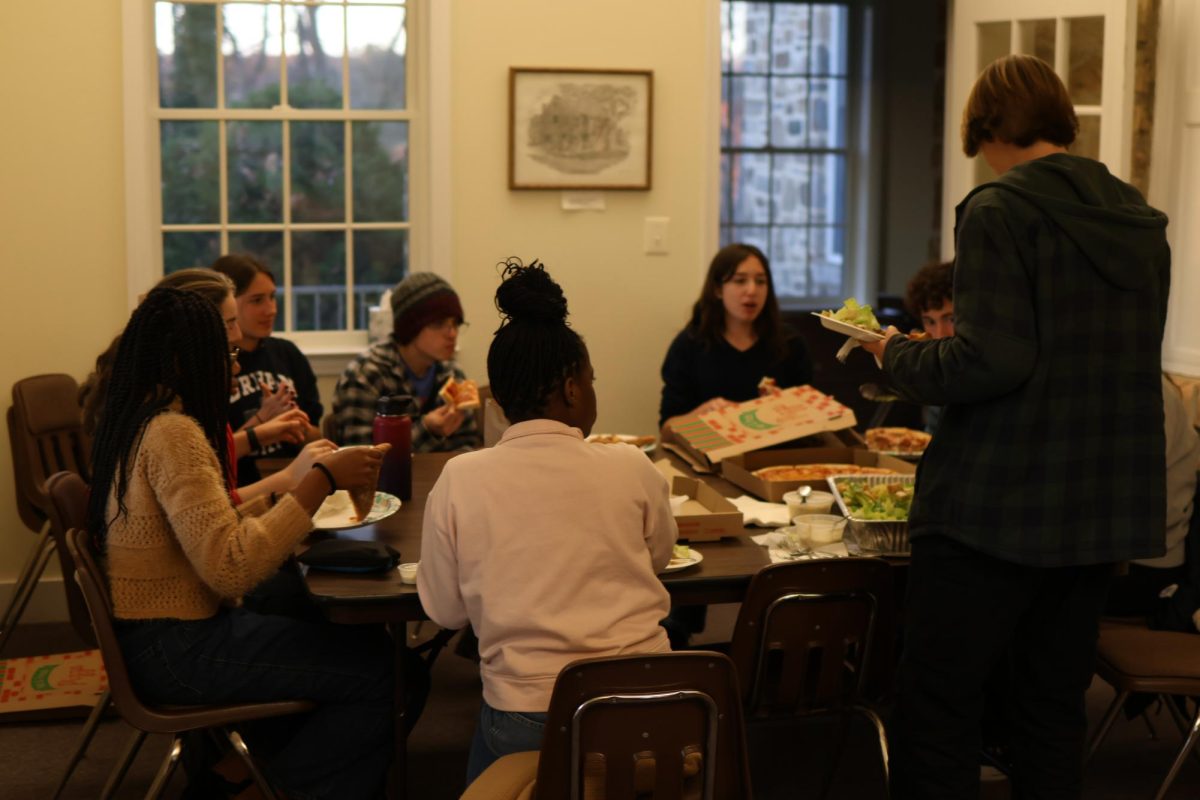

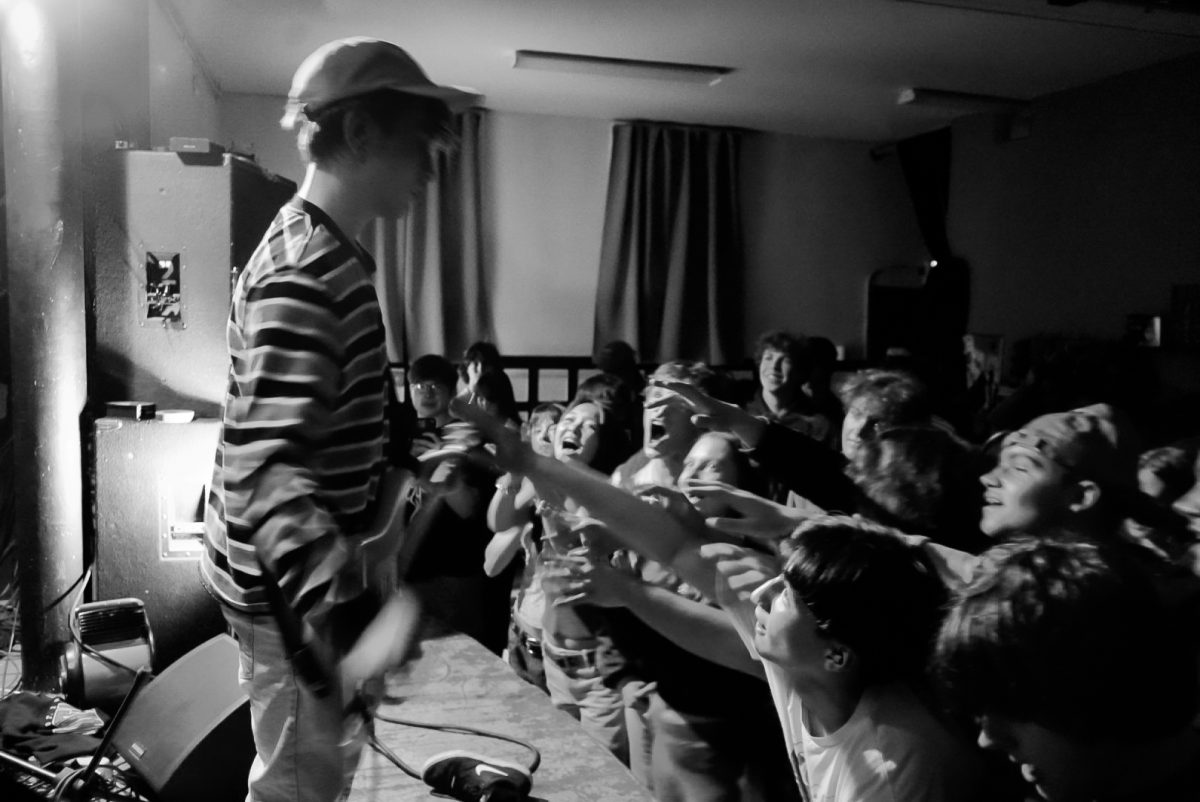

![How Freestyle Club Began [Podcast]](https://thequakerquill.org/wp-content/uploads/2025/05/charly-alvarez-Jv9untmB7G4-unsplash-1200x800.jpg)
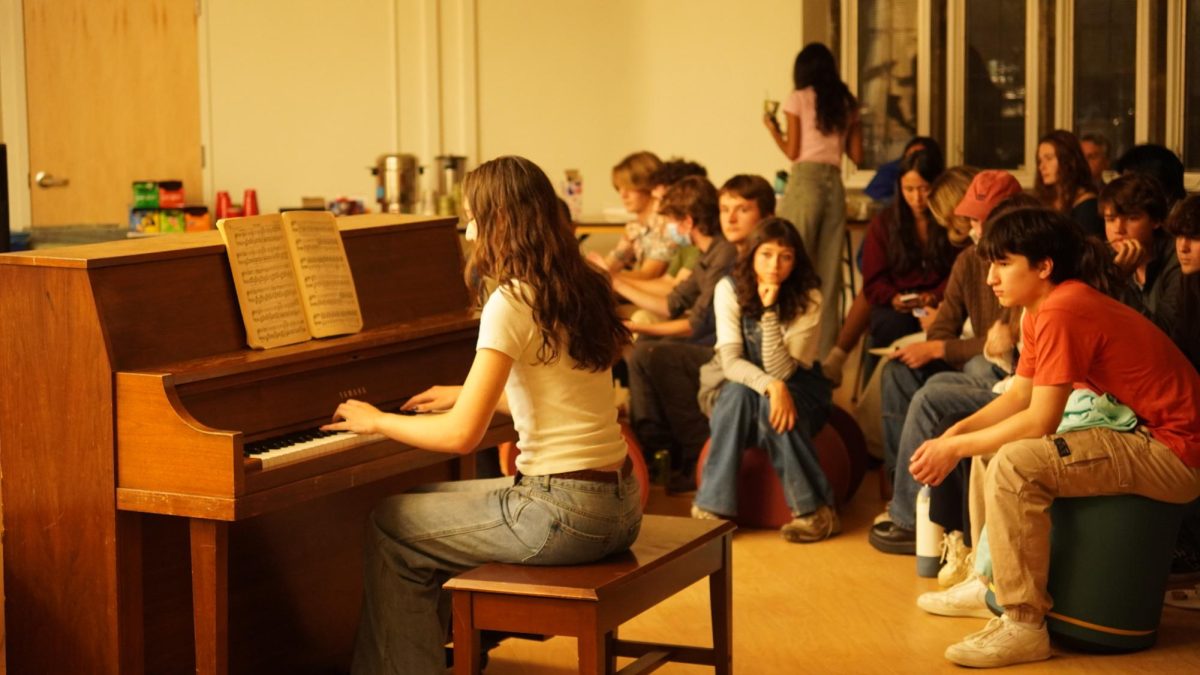
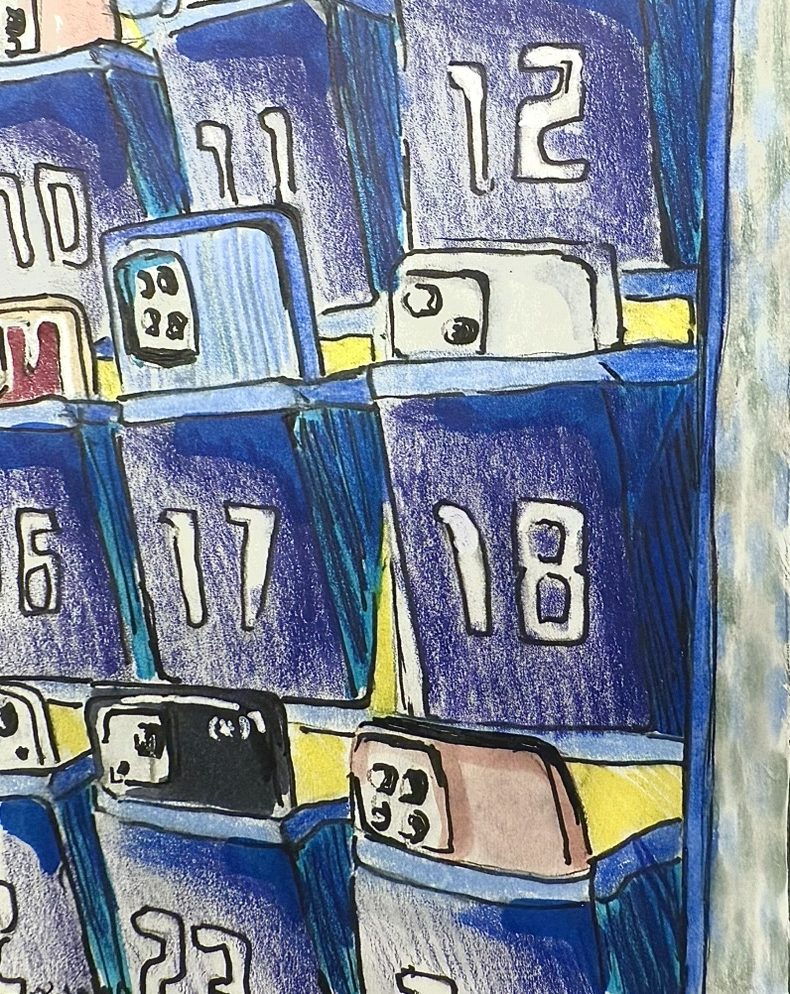






![What makes you feel good about yourself? [Podcast]](https://thequakerquill.org/wp-content/uploads/2025/10/madison-oren-uGP_6CAD-14-unsplash-1200x800.jpg)

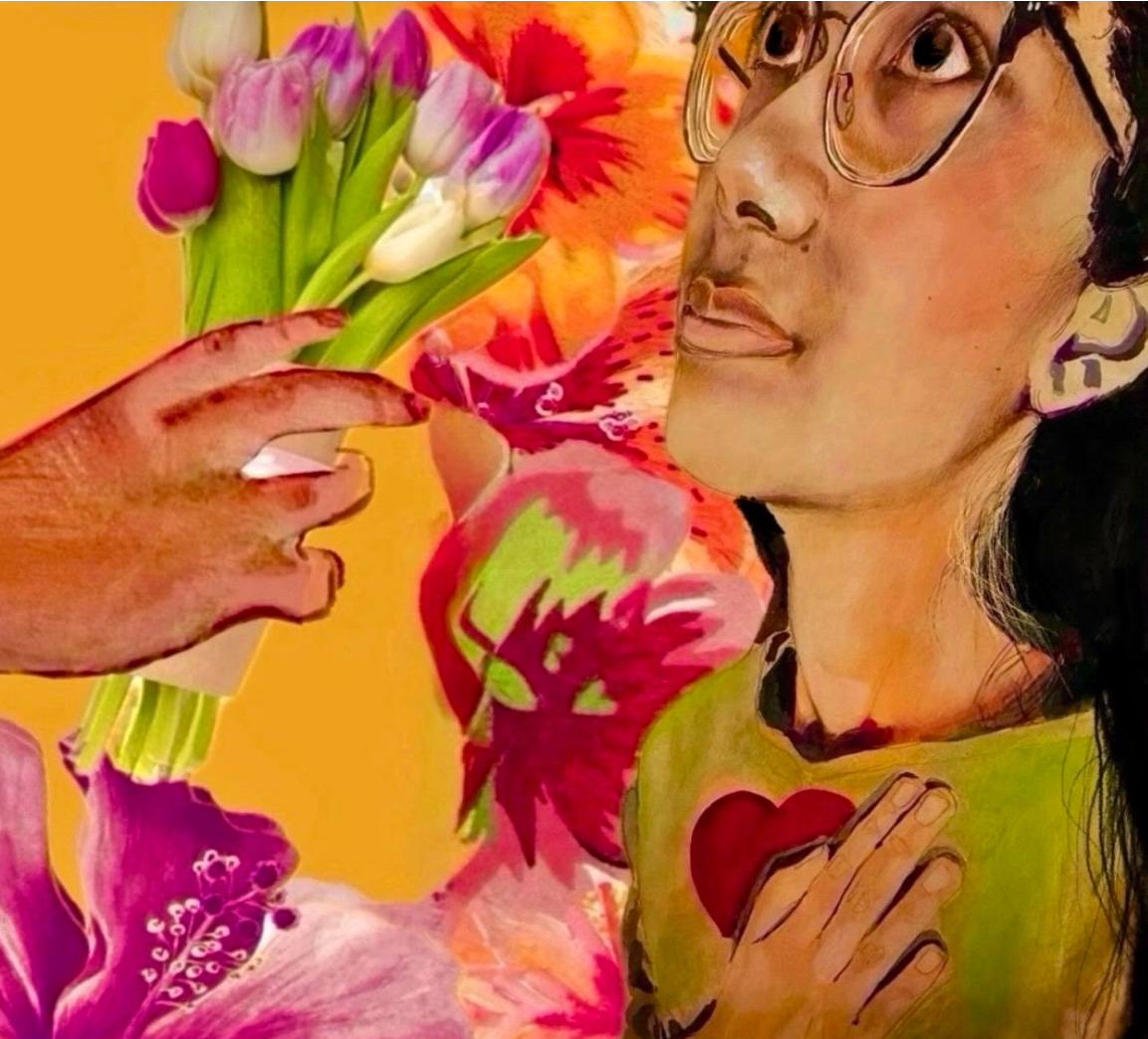


![A Phone Ban at Friends? [Podcast]](https://thequakerquill.org/wp-content/uploads/2025/05/magenta-VrRT19_ZjUY-unsplash-1200x900.jpg)
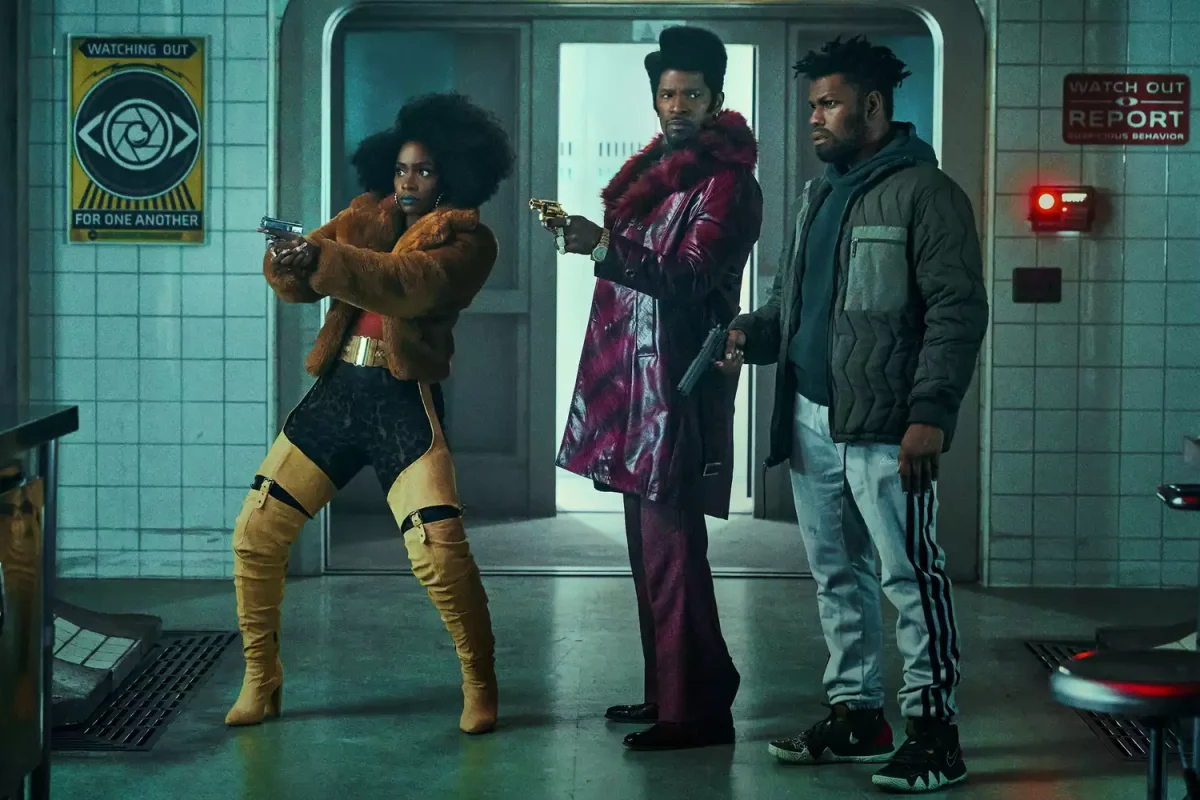
![Titanically Selfish! [Podcast]](https://thequakerquill.org/wp-content/uploads/2024/05/matt-hardy-6ArTTluciuA-unsplash-1200x800.jpg)
![Ja'la and JJ Review 'Mid90s' [Podcast]](https://thequakerquill.org/wp-content/uploads/2023/11/Mid90s-Still-1200x900.webp)
